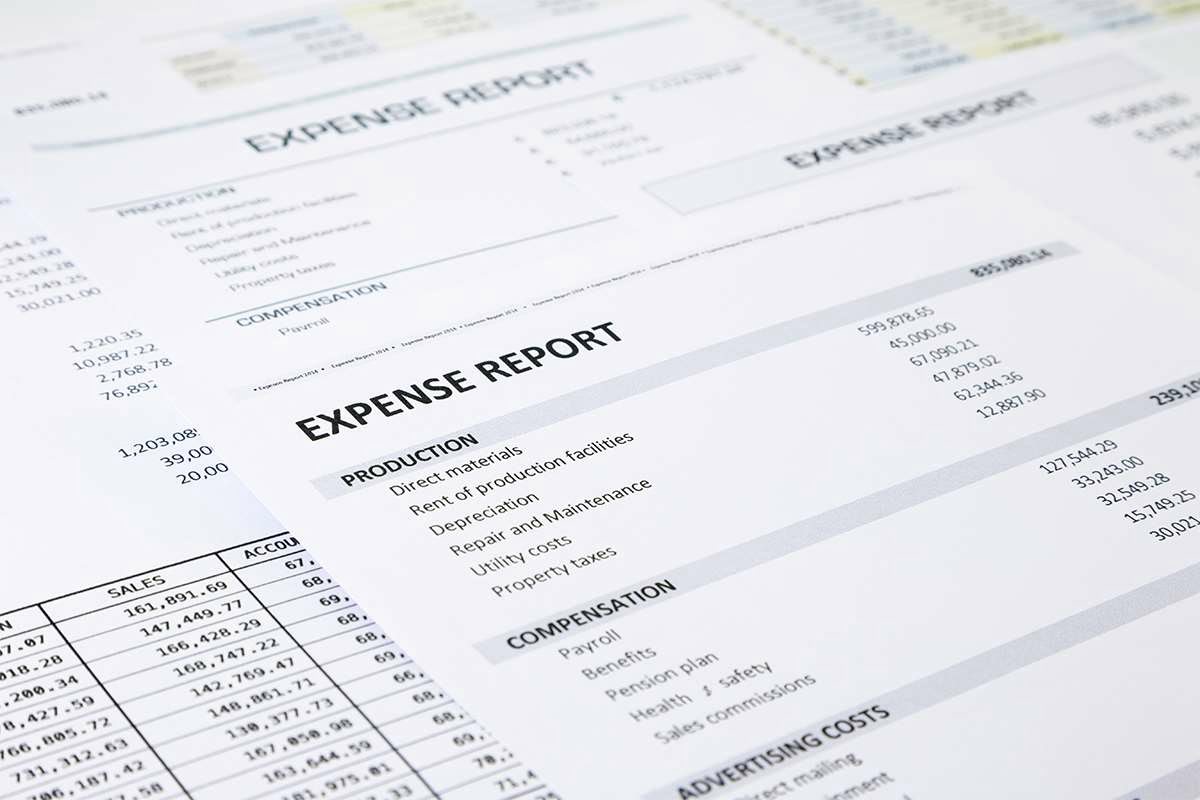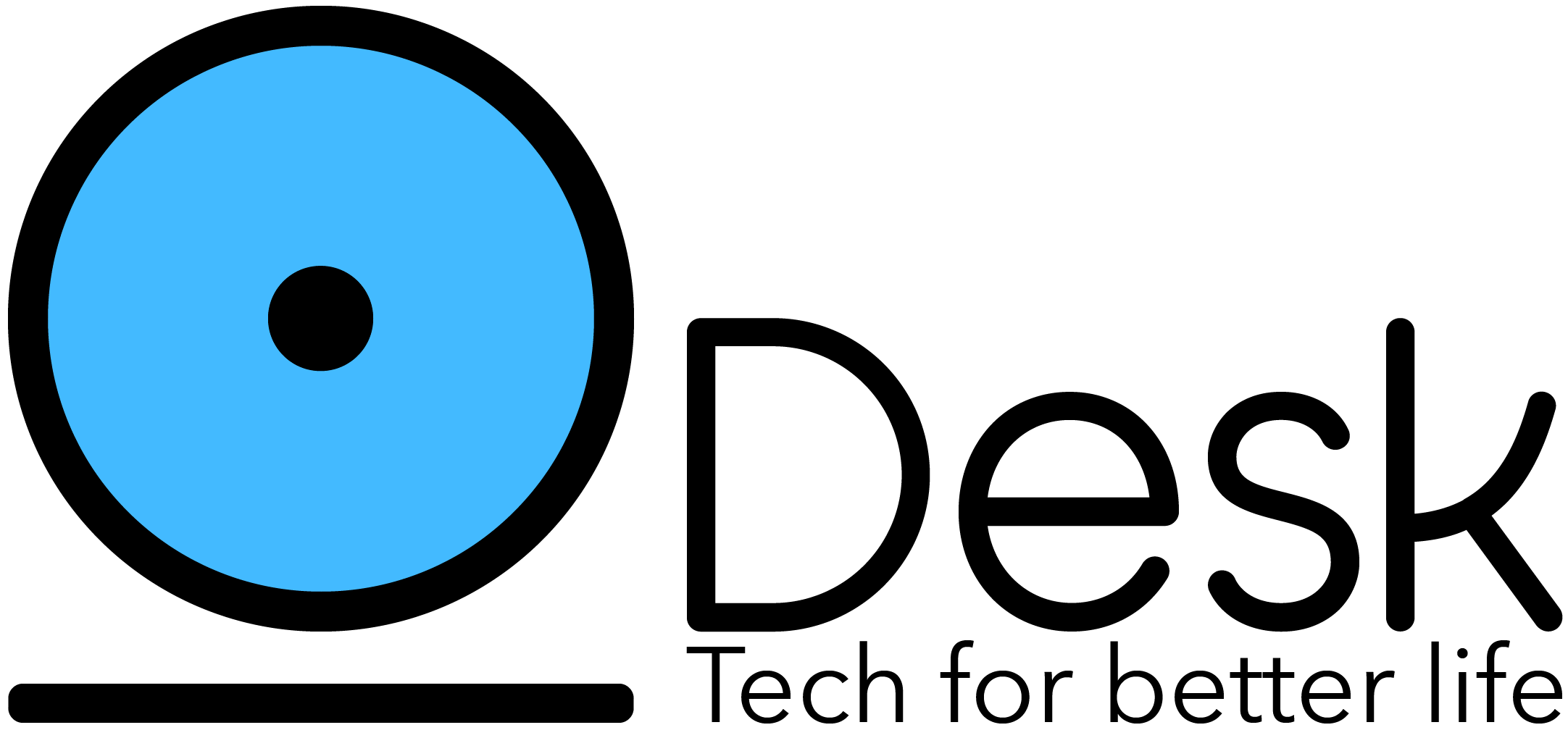The Impact of Blockchain on Accounting: 7 Key Impacts in 2025

Businesses keep their own ledger to ensure business’ financial records are accurate and compliant. Blockchain’s distributed nature and transparency act as a powerful deterrent against fraudulent activities. Every transaction recorded on the blockchain leaves a digital footprint that can be traced and audited. This traceability significantly strengthens fraud detection capabilities, making it harder for criminals to manipulate financial records without leaving a digital trail. While blockchain enhances transparency, it makes blockchain in accounting financial transactions visible to all participants.

tax software survey
- Its transparent and tamper-proof records act as a deterrent to fraudulent behavior.
- Learn essential strategies for tax and accounting professionals to leverage this transformative technology.
- • Automating transactions with less error in data on both sides of the transaction.
- You know, I think in the early stages of blockchain we said this was going to really be massively disruptive because everybody was going to start doing transactions in blockchains.
- We’ve uncovered how blockchain technology enhances transparency, security, and efficiency in financial transactions.
- Because you’re going to have a lot of different, probably permission-based blockchains, private blockchains, where people will potentially do some transaction work or supply chain work.
The immutable ledger ensures no record can be altered, eliminating the manipulation of tax-relevant data. Finally, due to the integration with the API of tax offices, smart contracts can calculate and file tax automatically based on recorded transactions. Blockchain is a powerful tool against financial fraud, offering a secure and transparent method of recording transactions. Its decentralized structure ensures no single party controls the data, making it resistant to tampering. This is particularly effective in preventing fraud such as double spending, where the same asset is used more than https://lavuedubai.com/what-small-company-accounting-software-can-do-for/ once.

BenefitsPlus – savings for members

Although the technology is rapidly evolving and will likely have an impact on accounting and auditing, some skepticism bookkeeping is warranted regarding potential benefits and ease of implementation. For now, the benefits are likely being oversold, while the costs and difficulty of implementation are likely being undersold. The immutable nature of blockchain significantly curtails opportunities for data manipulation. Tapscott and Tapscott (2016) posit that blockchain’s inherent transparency fosters an environment of trust, wherein unauthorized modifications are infeasible due to the consensus-based validation mechanism of distributed ledgers.
Global Standardization of Blockchain Accounting Practices
- Contact us now to better position your business by embracing the future of accounting and staying ahead in the ever-changing finance and accounting industry.
- Much of the profession is concerned with ascertaining or measuring rights and obligations over property, or planning how to best allocate financial resources.
- The approval of received items stimulates automated payment processing, which eliminates data manipulations, providing accounting with real-time financial tracking.
- If public, they can be double-checked and vetted by anyone who choses, ushering in an unprecidented level of transparency to the chain of transactions they document.
- For instance, in a supply chain, a smart contract can automatically release payment once goods are delivered and verified, improving efficiency.
Blockchain enhances transparency by providing a clear, accessible record of all transactions. Every action on the blockchain is visible to all authorized participants and recorded chronologically in an immutable ledger. Since all data is accessible, businesses trace the history of any transaction at any time and offer a level of transparency that is difficult to attain through traditional systems.
- And, if the Statista forecasts are accurate, global spending will reach nearly $19 billion.
- Blockchain has the potential to enhance the accounting profession by reducing the costs of maintaining and reconciling ledgers, and providing absolute certainty over the ownership and history of assets.
- This is done securely using a consensus protocol, or a set of rules based on mutual agreement.
- Blockchain technology will reduce the need to follow paper trails as the blockchain would be enough to prove many parts of a traditional audit.
- The transparent and immutable ledger of blockchain can enhance auditing procedures by making it simpler to trace transactions and validate financial records.
- With a proven track record, Rick is a leading writer who brings clarity and directness to finance and accounting, helping businesses confidently achieve their goals.
IRS launches Operation Hidden Treasure and the implications for CPAs

Blockchain technology will reduce the need to follow paper trails as the blockchain would be enough to prove many parts of a traditional audit. The blockchain database records the data of organizations and individuals across the world. To overcome this challenge, you can use private or consortium blockchains like Hyperledger, which offer better scalability and lower transaction costs.






